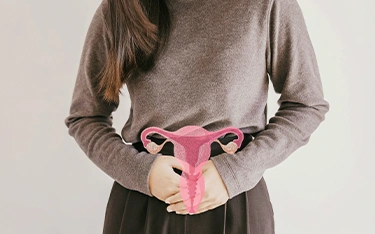FAQs
Yes, taking prescribed thyroid medication during pregnancy is safe and essential. For hypothyroidism, levothyroxine is the standard treatment and is crucial for both maternal health and fetal development. Proper thyroid hormone levels support the baby's brain and nervous system development.
Untreated thyroid disorders can lead to complications such as miscarriage, preterm birth, and developmental issues in the baby. Maintaining appropriate thyroid hormone levels through medication helps mitigate these risks.
Yes, often thyroid medication dosages need to be adjusted during pregnancy. This is because the growing baby and placenta increase the body’s demand for thyroid hormones. Regular monitoring and timely adjustments by your healthcare provider are crucial for a healthy pregnancy.
Certain antithyroid medications are considered safe during pregnancy. For hyperthyroidism, propylthiouracil (PTU) is typically used during the first trimester, while methimazole may be used in later stages. Your doctor will choose the appropriate medication and dosage.
Thyroid function should be monitored every 4 to 6 weeks during pregnancy to ensure that hormone levels stay within the recommended range. Regular testing allows timely adjustments in medication dosage, supporting both the mother's health and the baby's development.
Thyroid disorders during pregnancy are not typically “curable” but are highly manageable. With proper medication and regular monitoring, most pregnant women maintain healthy thyroid levels throughout pregnancy, ensuring safety for both mother and baby. Early diagnosis and personalised care are key to effective management.
While thyroid disorders cannot be permanently cured during pregnancy, they can be effectively managed. Prescribed medications, maintaining a balanced diet rich in iodine, managing stress, and regular thyroid monitoring are essential. Under expert supervision, homoeopathy may also help balance hormones naturally without side effects




